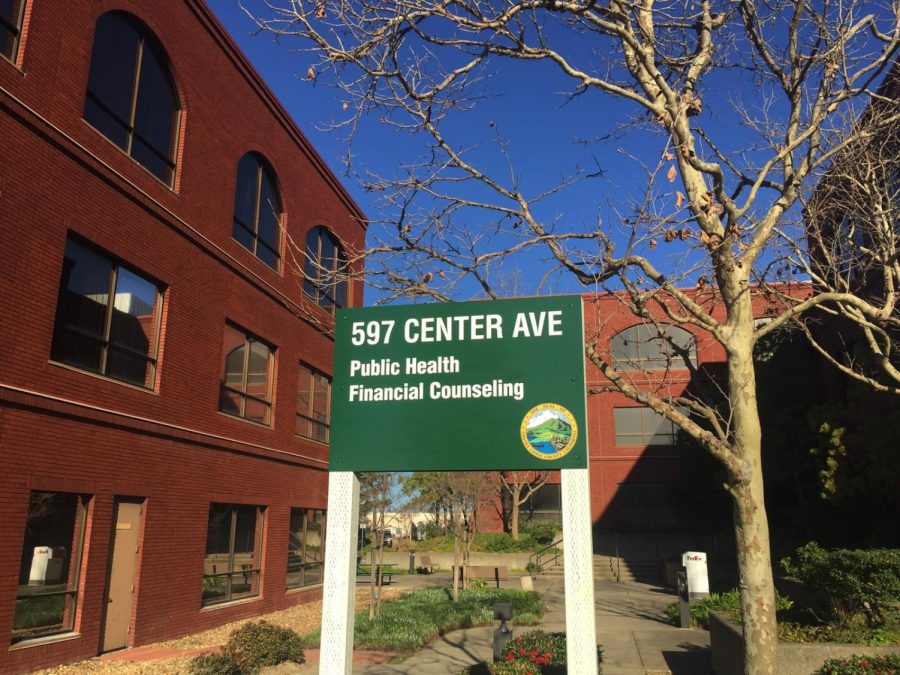Flu season hits DVC and Contra Costa County hard
Contra Costa Public Health building.
February 7, 2018
Seven deaths and counting for Contra Costa County alone is making this flu season one to keep an eye on.
Influenza A H3N2 is the name of the game this season and its swing is far and wide.
This particular sub-type of the flu is “particularly virulent,”and because of it the county has “a lot sicker people,” said to Sue Farley who works as a public health nurse program manager for the communicable disease program at the Contra Costa Public Health organization.
The flu shot is the number one way to prevent or minimize symptoms according to Deputy Health Officer, Dr. Louise McNitt.
The flu shot effectiveness has come into question, but Farley said, “The b-component of the vaccine is not necessarily what’s circulating.”
The vaccine is created by looking at what flu strain circulated in the Southern Hemisphere during their flu season which is our summertime, according to Farley. “There is some misconception of how effective the vaccine is because it is based on Australia’s flu experience. Here’s the difference, in Australia they do not vaccinate all age groups.”
Farley said, “(Children), when they are sick put out a lot of virus into the community.” So, if you vaccinate children, it helps eliminate a lot if disease transmission.
The DVC community has been hit hard at the beginning of its spring semester with illness. Professor Anne Kingsley said in an email, that “some students have had to miss two class meetings in a row.” She had gotten two flu emails from students that same morning.
Emailing professors and letting them know that you are ill and are keeping up with the material “lets the professor know that you are engaged and committed to the class (even if you are ill),” said Kingsley.
Professor Keith Mikolavich said that students are missing “big chunks of time” because of the flu and that he tries to have empathy, as the the flu “disrupts the whole family rhythm.”
Knowing when to stay home and rest and when to make the trek to the hospital is as important as getting better. Anyone with “severe weakness, an uncontrollable fever, really severe shortness of breath and unable to keep food or fluids down” should get a hold of their doctor according to Farley.
Anyone with underlying health conditions, like being diabetic, pregnant, having asthma or being an oncology patient should be extra careful this flu season as well according to Farley.
“To protect yourself, your family and your community from the flu,” Dr. McNitt said that washing hands often, covering coughs and sneezes, and staying home when sick are good preventive measures.





































































